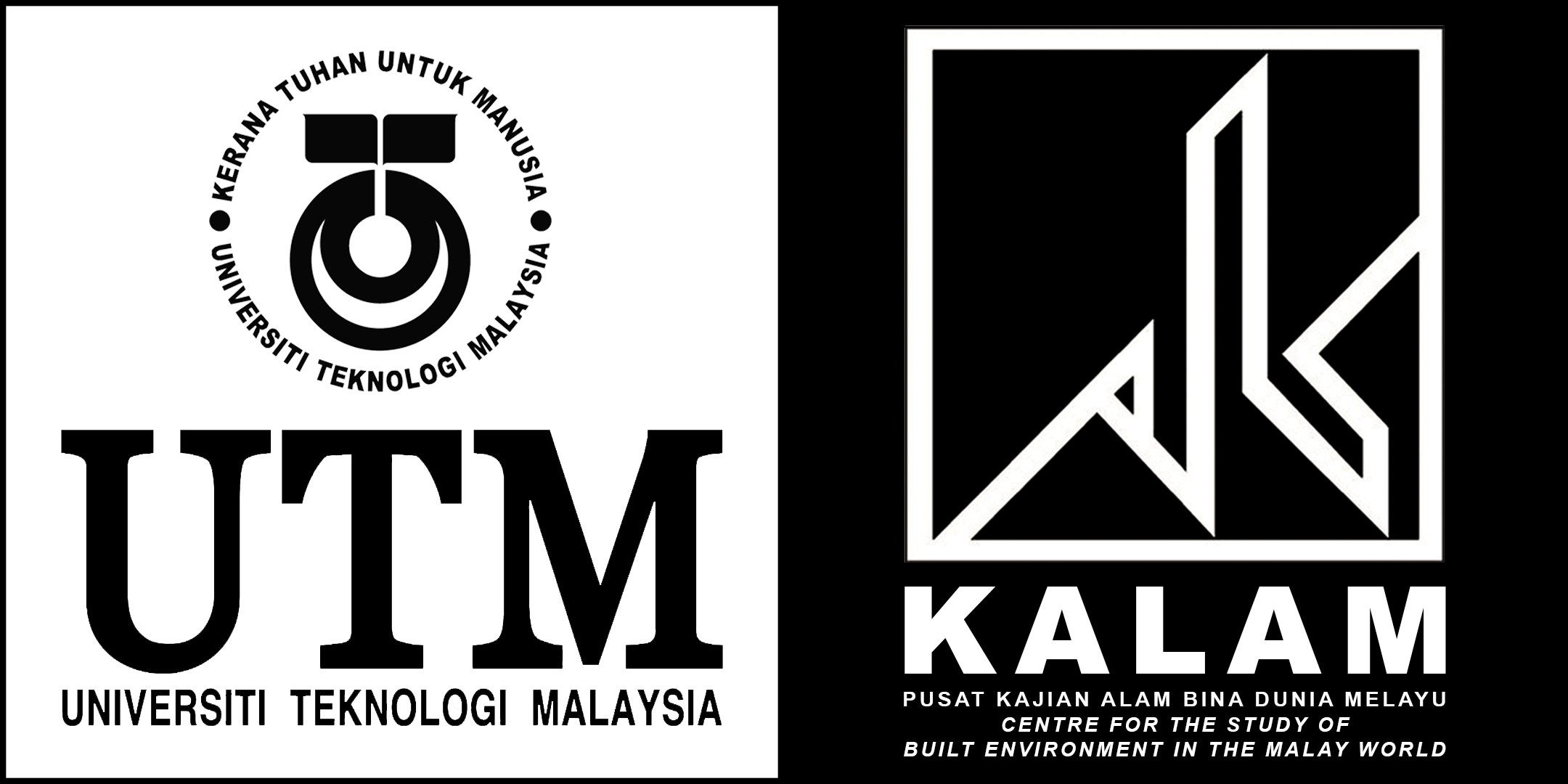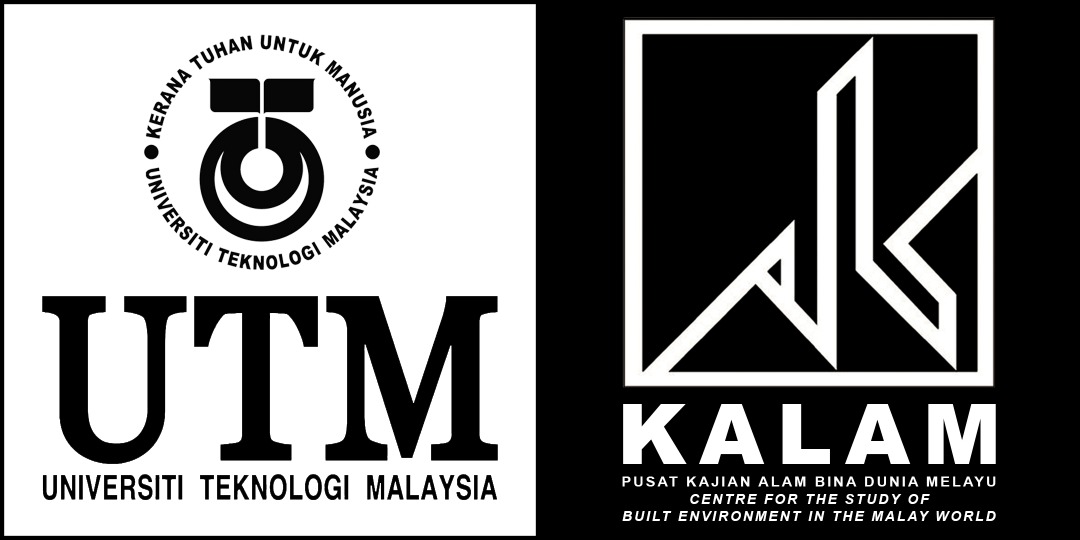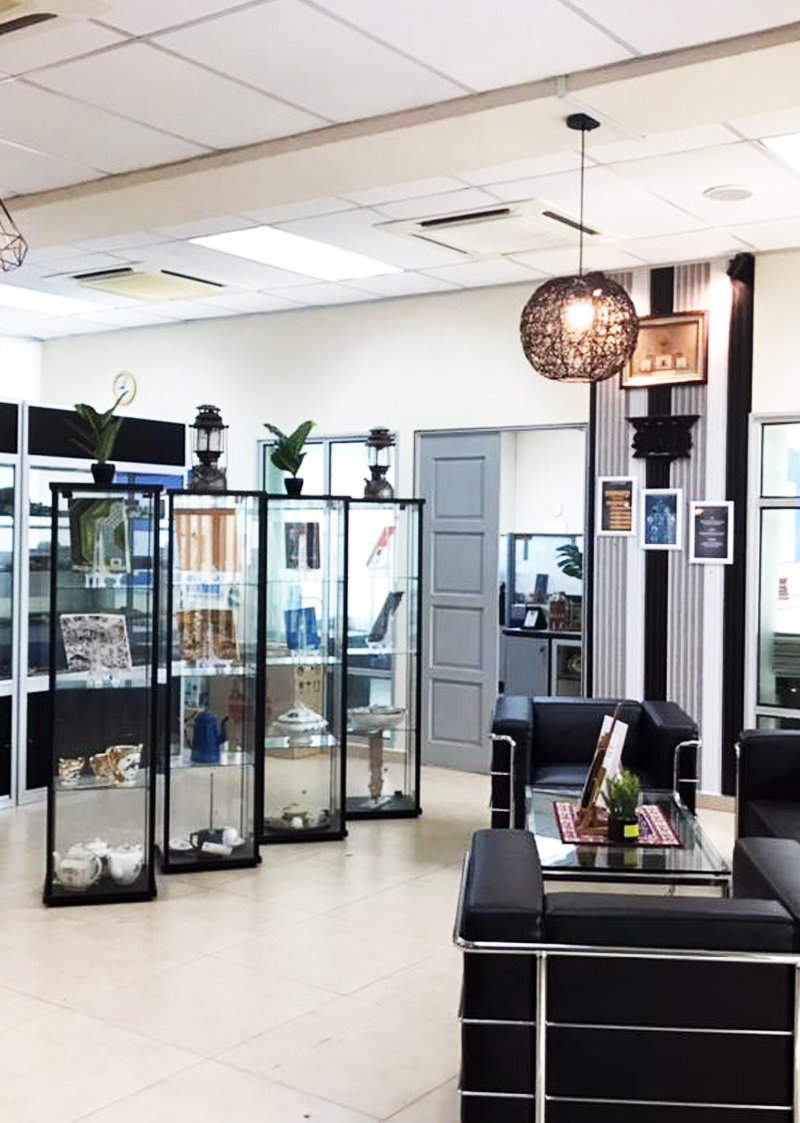Centre for the Study of Built Environment in the Malay World (KALAM)
This centre was set up in June 1996 on the foundation of numerous intricate Measured Drawing works of Historical Buildings out of concern for the rapid disintegration and elimination of Malaysia’s architectural heritage. With the accumulation of these works since 1975, the research towards the identification, classification and analysis of the architectural heritage was established through Undergraduate and Post-Graduate studies. Today, KALAM has a documentary collection of more than 600 buildings such as Residences, Palaces, Mosques, Public Buildings, Commercial Buildings, Wakaf, Madrasah and Tombs.
Measured Drawing
Research
Consultation
Exhibition
Seminar
Conference
Workshop
Publication
BACKGROUND
This centre came into being out of a wider concern for the understanding of the Malay World Architectural Heritage which stretches out to a greater part of the Asean continent and the Pasific archipelago. KALAM centre was set up for the sole purpose of conduction research towards a better understanding of the factors influencing and the relationship between built form and the many cultures of the Malay World.
Much of the planning of cities and settlements in this part of the world were based primarily on Western planning concepts from the early modernist movements during the early part of the 20th century. These planning concepts were rooted in the idea of ‘progressivism’ which is premised on the nation that they would eventually exist a common global culture amongst all the inhabitants of the world. These final years of the 20th century has seen the inevitable fact that although there exist some similarities amongst the various cultures of the modern world, each cultures still holds strongly to some form of traditional belief system.
This realization brought about the idea that the planning of settlements must take into account the peculiarities of certain race and culture. The Heritage of Built Environment in the Malay World holds many keys to the better understanding of eternal design principles and lessons of crucial use to present concerns of buildings and cities.
Therefore, the main role of KALAM can be defined as follows:
- To provide credible data on the architectural and built environment heritage of the Malay World through continuous documentation and research
- To educate and disseminate the importance of architectural and built environment heritage of the Malay World through Teaching, Training, Seminars, Exhibition and Publication
- To provide service and consultancy in design and conservation
Our Aim
To become national centre in archive, service, training and consultancy of architectural and built heritage of the Malay World
Vision
To become an internationally referred centre on built environment heritage of the Malay World
Mission
To lead in the culturally sustainable development and protection of architectural heritage of the Malay World
OUR SERVICES
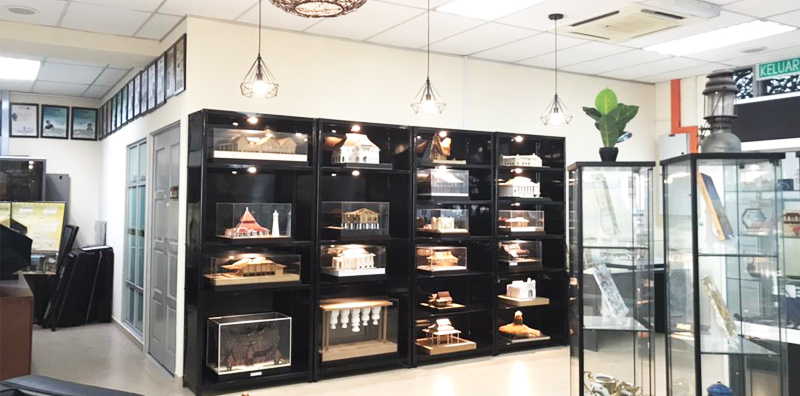
MEASURED DRAWING
This works has been going on since 1975. Students conduct research and documentation activities and produces Main Drawings, Details, Written Reports, Videos, Model, Poster and Photographs for academic reference. We offers these services at a reasonable price.
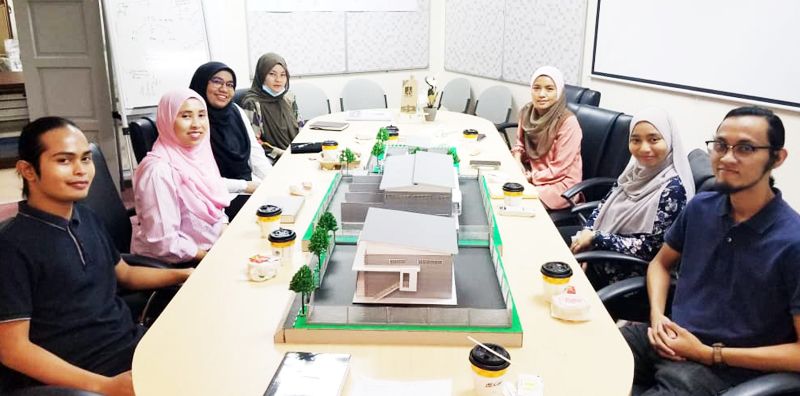
RESEARCH
Researches and the documentation of settlements and buildings are crucial to aid in the understanding of the heritage history so as certain aspects of the architectural design or planning decisions may be adapted or assimilated into the modern planning concepts.
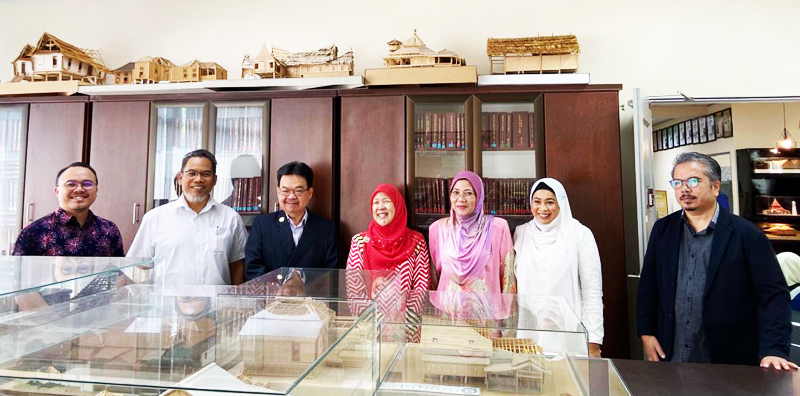
CONSULTATION
KALAM offers consultancy services in design projects specifically related to vernacular approach, conservation and reconstruction. The preservation and reconstruction of Dato’ Biji Sura house in Duyung Island is the first KALAM job completed.

SEMINAR / WORKSHOP
The importance of seminars is related to exposures and debates where as workshops and more suited for intensive educational programmes. Both programmes are used by KALAM as platforms to deliver and expand knowledge.
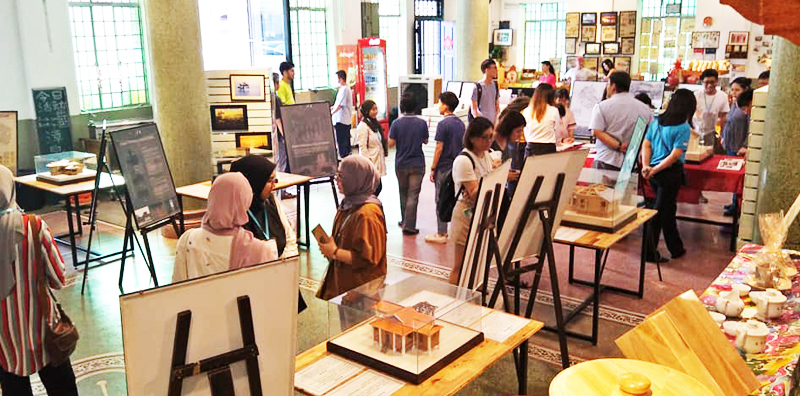
EXHIBITION
KALAM possess a lot of exhibition materials such as Drawings, Artifacts, Model, Written Report, Poster and Photographs. This centre offers these materials to be exhibited anywhere in the world for the sake of propagating the knowledge of the built environment in the Malay World.
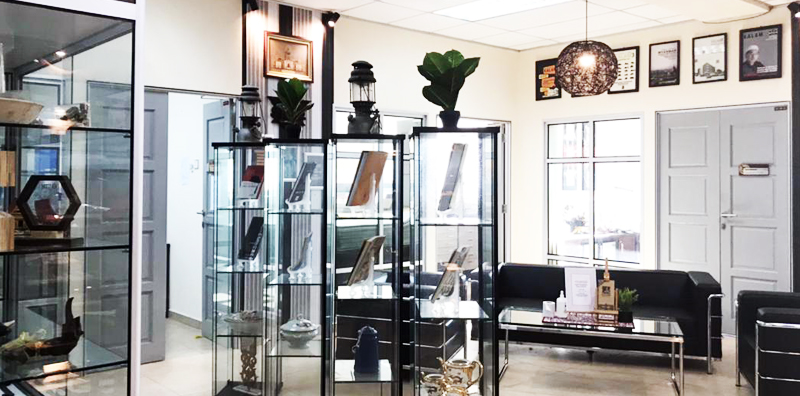
PUBLICATION
KALAM is actively involved in producing publications and videos of the traditional built environment of the Malay World. These publications and video documentaries are meant for the academic and general audience. These works are done in Malay & English languages.
OUR EXPERTEE

AR. IDR. TS. DR. NORASLINDA BINTI ABDUL RAHMAN
Director
Senior Lecturer
Department of Deputy Vice-Chancellor (Research & Innovation)

ASSOC. PROF. DR. KHAIRUL ANUAR BIN MOHAMED KHAIDZIR
Research Fellow
Senior Lecturer
Faculty of Built Environment and Surveying

ASSOC. PROF. AR. DR. LIM YAIK WAH
Research Fellow
Associate Professor
Faculty of Built Environment and Surveying

DR. AIMAN BIN MOHD RASHID
Research Fellow
Senior Lecturer
Faculty of Built Environment and Surveying

DR. SHARIFAH SALWA BINTI SYED MAHDZAR
Research Fellow
Senior Lecturer
Faculty of Built Environment and Surveying

ASSOC. PROF. DR. MOHD MURTADHA BIN MOHAMAD
Research Fellow
Senior Lecturer
Faculty of Computing

DR. IZIQ EAFIFI BIN ISMAIL
Research Fellow
Senior Lecturer
Faculty of Built Environment and Surveying
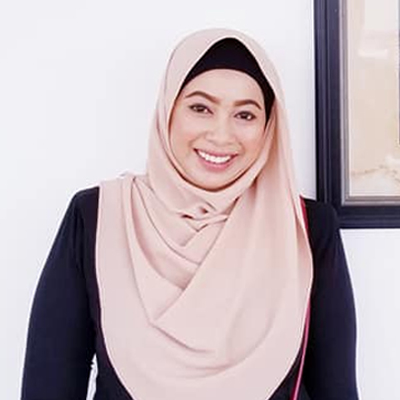
Ar. IDr. Ts. Noraslinda Abdul Rahman
KALAM’s Director
“KALAM will continue to excel in defending the country’s heritage and be active in the field of teaching, publishing and consulting. I hope KALAM will continue to be the lifeblood of fighting to uphold the country’s heritage. Thank you all! May KALAM be more excellent, glorious and distinguished!”

Let’s Work Together!
Centre for the Study of Built Environment in the Malay World (KALAM),
Deputy Vice Chancellor (Research & Innovation),
B12, Level 3, Faculty of Built Environment and Surveying,
Universiti Teknologi Malaysia,
81310 Skudai, Johor Bahru,
Johor Darul Takzim.
Office: +607 555 7345
E-mail: kalam@utm.my
If you have any specific questions about the services of KALAM Center, feel free to contact us. KALAM welcomes anyone who is interested in collaborating with us. Space and opportunities are always open for local and international research centers, Government Bodies, Statutory Bodies, NGOs, Communities and anyone.
